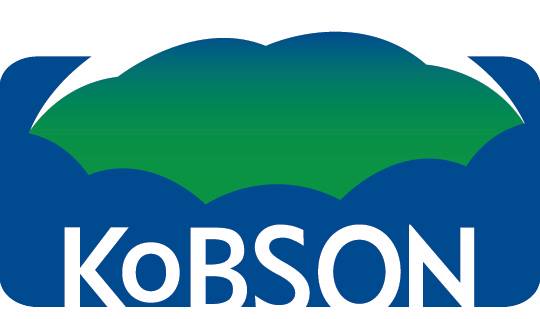ISSN: 1451-4117
E-ISSN: 1821-31977
Volume 5 number 16, pages: 39 - 46
The influence of certain types of motor fuels on environment and people health has been analyzed in the first part of the paper. Attention is paid to greater implementation of cleaner, alternative motor fuels. It is followed by analysis of the role and importance of tax on motor fuel as instrument for transportation sustainable development. Experiences of some countries and their use of this economic instrument are given in the last part of the paper.
1. German Technical Cooperation (2001) Fuel prices and vehicle taxation: Pricing policies for diesel fuel. u: Metschies G. [ur.] Gasoline and vehicle taxation in developing countries, Eschborn: GTZ, http://www.international-fuelprices.com/downloads/FuelPrices2001.pdf
2. German Technical Cooperation (2005) International fuel prices 2005 in 172 Countries. Eschborn: GTZ, http://www.international-fuelprices.om/downloads/FuelPrices2005.pdf
3. Gwilliam, K., Bacon, R., Kojima, M., Lvovsky, K. (2001) Transport fuel taxes and urban air quality. u: Pollution management, in focus, The World Bank Group, Discussion Notes Number 11, December, http://rru.worldbank.org/Documents/PapersLinks/transport_fuels.pdf
4. Gwilliam, K., Kojima, M., Johnson, T. (2004) Reducing air pollution from urban transport. Washington: IBRD/WB, http://www.cleanairnet.org/cai/1403/article-56396.html
5. International Energy Agency (1999) Automotive fuels for the future: The search for alternatives. http://www.iea.org/textbase/nppdf/free/1990/autofuel99.pdf
6. (2007) Cutting transport CO2 emissions: What progress?. u: European Conference of Ministers of Transport (ECMT), summary document, http://www.cemt.org/pub/summaries/07CO2summary.pdf
7. Organization for Economic Cooperation and Development (2002) Strategies to reduce greenhouse gas emissions from road transport: Analytical methods. Paris: OECD, http://www.cemt.org/pub/pubpdf/JTRC/02GreenhouseE.pdf
8. Potter, S., Parkhurst, G., Lane, B. (2005) European perspectives on a new fiscal framework for transport. u: Methods and models in transport and telecommunications: Cross-Atlantic perspectives: Advances in spatial science, Berlin - New York: Springer, http://oro.open.ac.uk/4449/01/New_Fiscal_Framework.pdf
9. Schwaab, J.A., Thielmann, S. (2001) Economic instruments for sustainable road transport: An overview for policy makers in developing countries. Eschborn: GTZ, http://www.cleanairnet.org/lac_en/1415/articles-0927_pdf_economic.pdf
10. Speck, S., Mcnicholas, J., Marković, M. (2001) Environmental taxes in an enlarged Europe: An analysis and database of environmental taxes and charges in central and eastern Europe. Szentendre: The Regional Environmental Center for Central and Eastern Europe, www.rec.org/REC/Programs/SofiaInitiatives/SI_taxes.pdf
11. Victoria Transport Policy Institute (2007) Online TDM encyclopedia: Energy conservation and emission reduction strategies. http://www.vtpi.org/tdm/tdm59.htm







